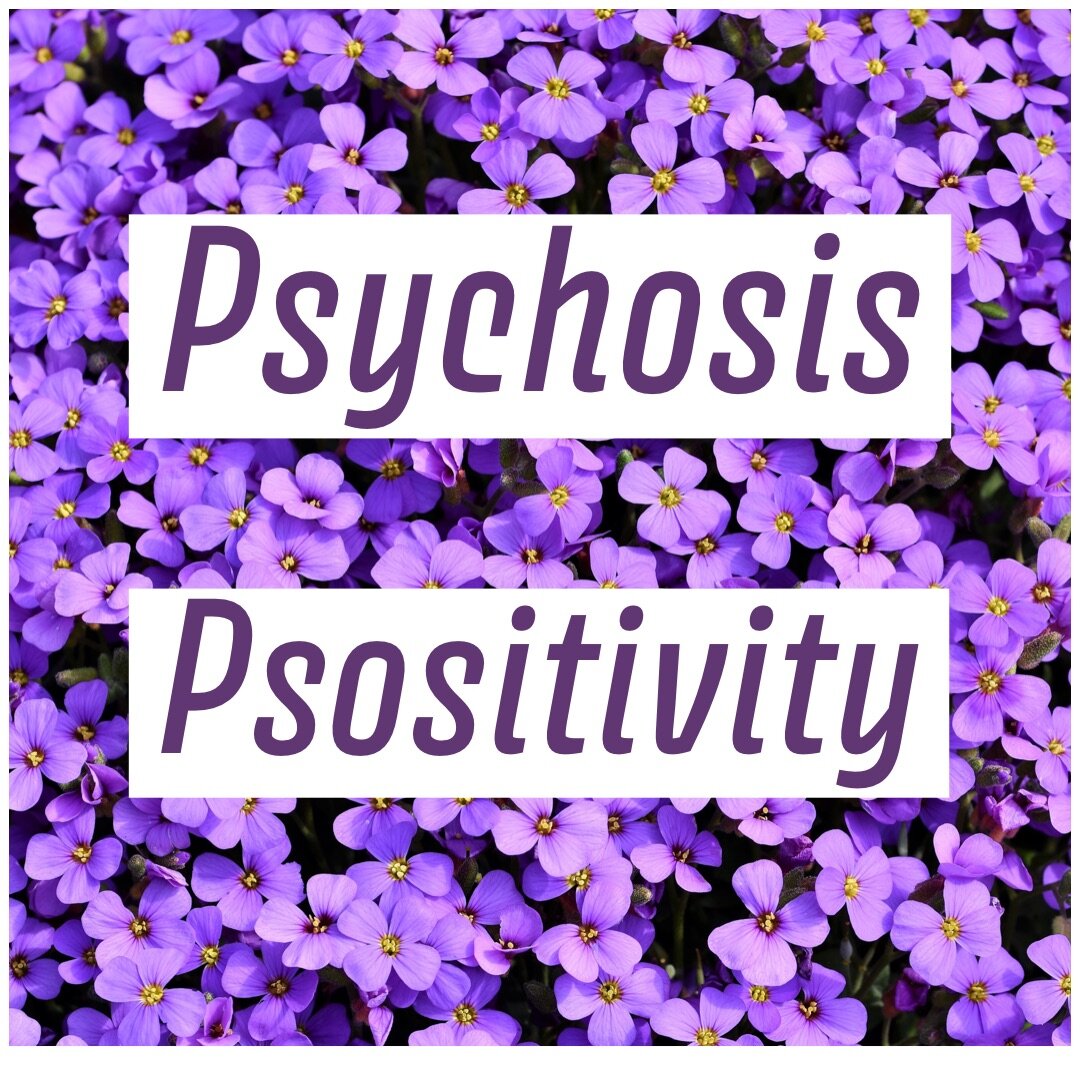Accepting The Traumatized Self
TW: suicide
What do you do with emotions that challenge your sense of self, sentiments that feel alien but are nonetheless yours? As someone who has experienced Delusions for years, this is not a foreign sensation, but my current predicament is more disturbing than any Delusion has been in many years, as the origin of the emotions is not Psychotic.
Let me explain.
Schizophrenia is a neurodevelopment disorder, and while it is largely genetic in origin, its development is also influenced by events that happen over the course of the Schizophrenic person's cognitive and emotional development. The concept of Social Defeat says that the more exclusion and rejection a young Schizotypal person faces, the more Psychotic they become, in turn facing more rejection, worsening the cycle of symptoms. There are many implications to the Social Defeat Hypothesis, such as it being a contributor to higher Schizophrenia diagnosis rates in ethnic minority populations in the West and being the modulating factor between childhood trauma and Schizophrenia. (Selten et al, 2013)
I experienced a lot of abuse as a child, and today I am focusing on one particular peer, who we will pseudonymously call Amy. Amy was terrible to me in elementary school, committing very emotionally manipulative and scarring bullying that I still get flashbacks to this day. I was bullied by many people over the course of K-12, but she was one of the worst. Even after 3rd grade, the year of most acute bullying, she was very hostile to me throughout the remaining years of school as we were in many classes together (it was also a very small school, just to begin with). I was diagnosed with PTSD for many years, and also had the trauma disorders Dissociative Identity Disorder and Functional Neurological Disorder, and the bullying I endured was so severe it is a confirmed contributor to all three disorders. The bullying I went through contributed to 10 years of Eating Disorder behavior and Suicidal Ideation and Suicide Attempt at age 12. I didn't have my first real friend until I was 13. All of this absolutely contributed to how severe and intractable my Psychosis is. Amy contributed to all of this as one of the worst bullies.
But now, Amy is dead.
She recently passed from melanoma, I found out through a friend from high school.
When the news hit me, I felt a part of me that had been on guard for the 17 years since we met breathe a deep sigh and release. I felt a sense of relief. I felt lighter. And then I felt horrible. Someone I graduated high school with was dead at 25 and I was relieved. It felt bad. It felt wrong. But I couldn't change the fact that the world felt a little safer.
I don't feel like I am the kind of person who is happy other people die. I feel like I am the kind of person who is forgiving. But I am not. I feel rueful. I feel relaxed in a way I wasn't before. And I feel confused and distressed because of that. What is the appropriate response? And I know I am going to go through a similar, but even more amplified process when my grandmother and mother pass. What if other people from my class predecease me? How am I going to process other deaths?
When Psychosis causes Ego-Dystonic thoughts, they are easy to brush off because I know that they are coming from Psychosis. They are not "really me"; they are my nervous system acting out from some sort of stress (physical or emotional), but are symbolic rather than literal. Maybe this is just a nervous system leaving Fight-Flight-Freeze-Fawn, but the danger left six years ago when I graduated high school, so that's harder to convince myself of. It feels irrational to still hold someone to account for something so long ago, committed at such a young age. But my body remembers. It remembers vey, very, well.
Maybe I need to forgive her. Maybe I need to forgive myself. I think, however, I need to draw from the wisdom of my Dissociative Identity Disorder treatment and acknowledge these parts of myself without judgement; they have something to tell me. Often, our bodies are trying to tell us something in what seems like "acting out"; suppressing helps nothing.
Citation:
Selten, J. P., van der Ven, E., Rutten, B. P., & Cantor-Graae, E. (2013). The social defeat hypothesis of schizophrenia: an update. Schizophrenia bulletin, 39(6), 1180–1186. https://doi.org/10.1093/schbul/sbt134
